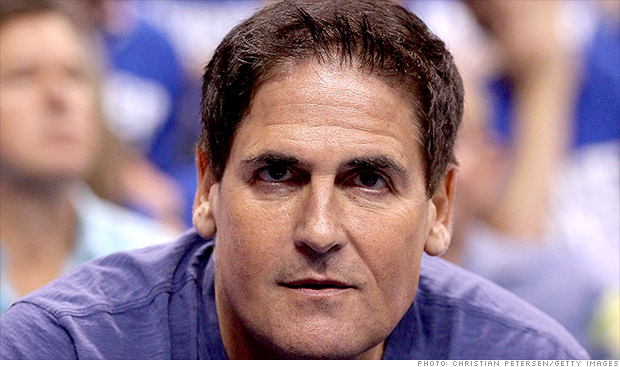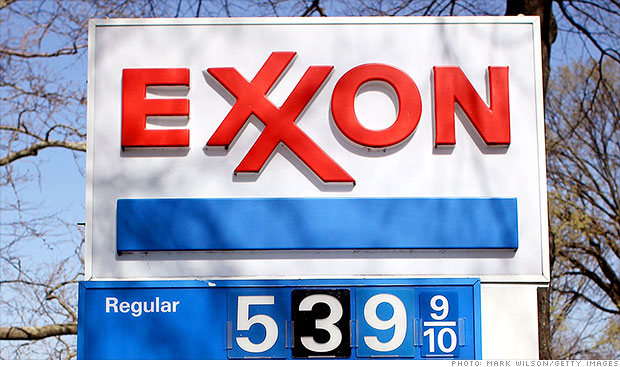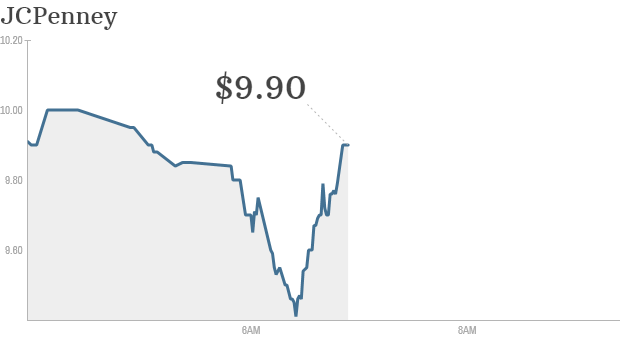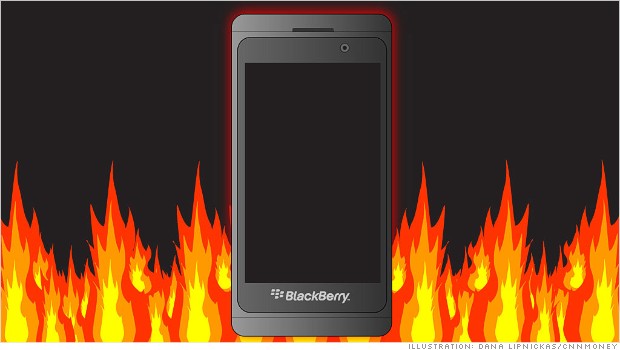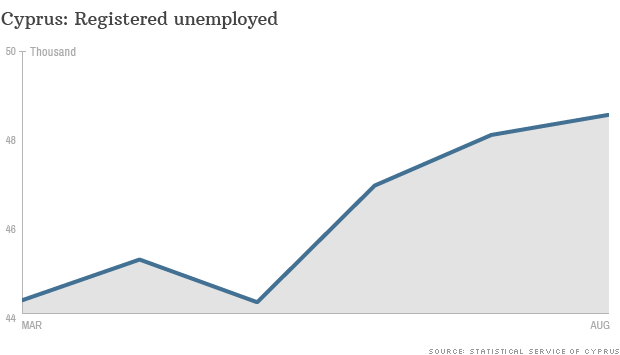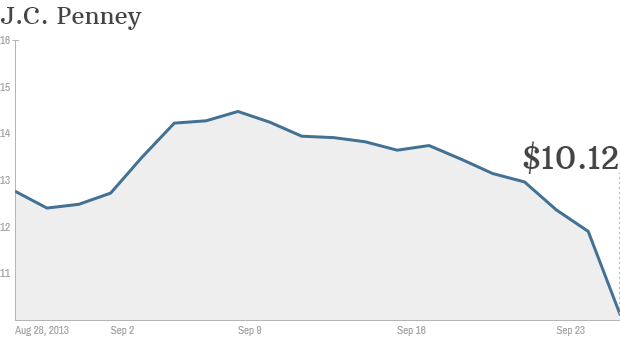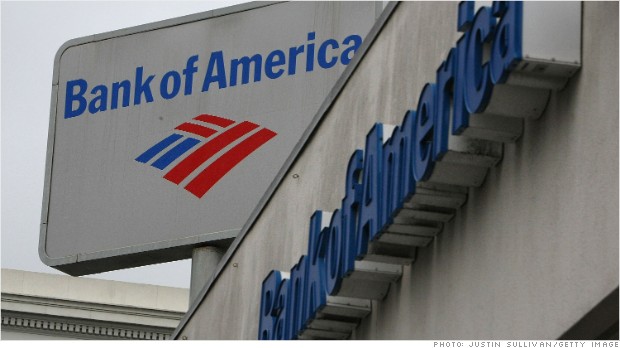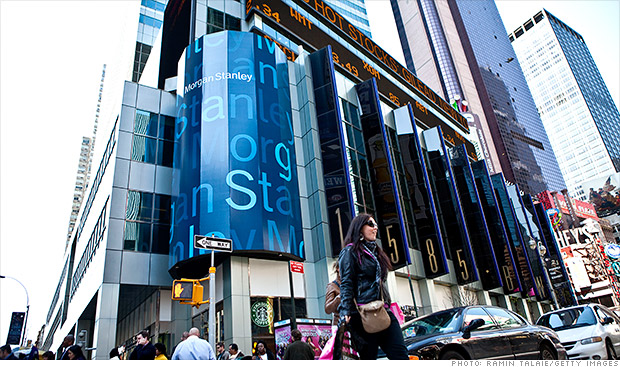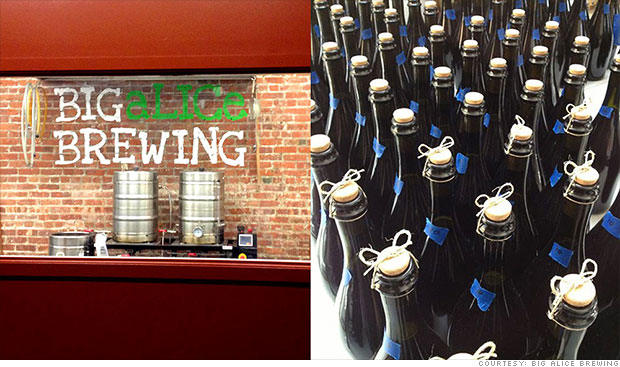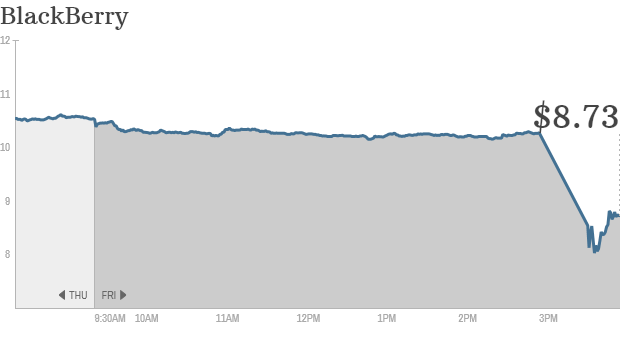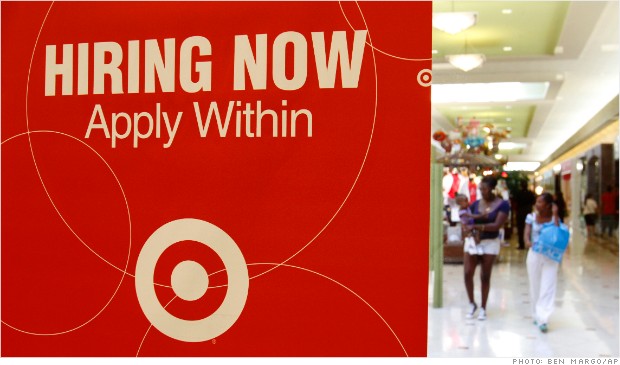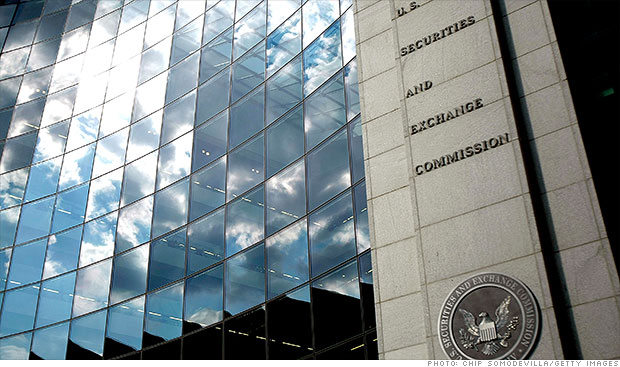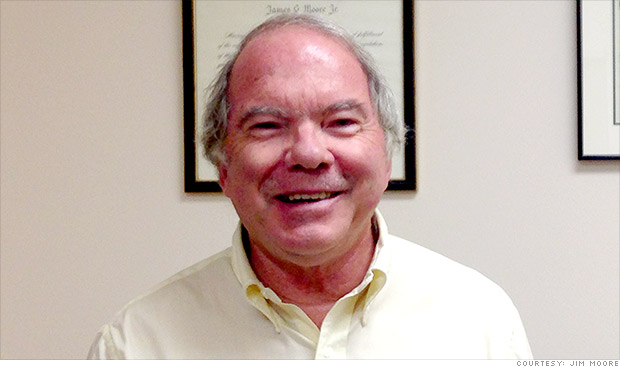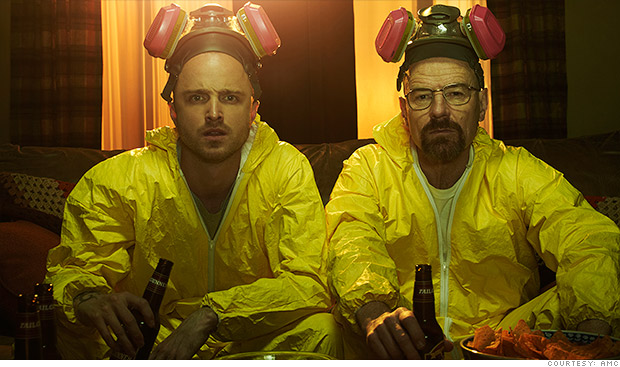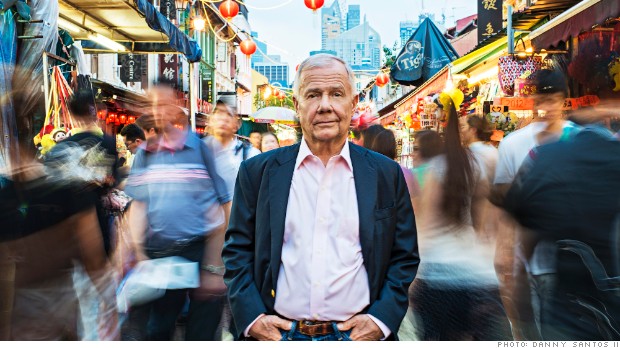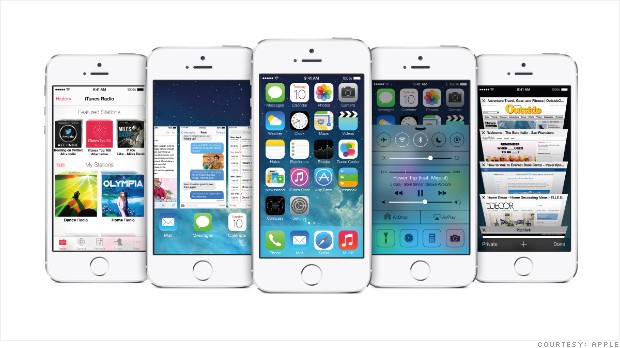
The new iOS 7 iPhone software not only has a new look, but Apple successfully addresses many long-standing issues.
NEW YORK (CNNMoney)
The new iPhone operating system is the most substantial update in the software's history. Apple not only added new features and functionality, but the company radically reinvented the six-year old operating system's appearance.
For the most part, Apple (AAPL, Fortune 500) succeeded in making iOS easier on the eyes and simpler to use. Apple trimmed the fat where necessary and added some meat to areas that were lacking.
New look: The most noticeable difference in iOS 7 is the design. Gone are the core apps that look like real-life objects. In their place is a far more modern, streamlined, flatter digital aesthetic.
Apple didn't eliminate depth and texture altogether, but it redefined how it uses those effects. For instance, Apple made some menus and features appear translucent, like a frosted sheet of glass. That not only provides a stylish touch, but it produces a layered effect to help visualize how different parts of an app are linked, and how they are separate.
You'll notice this everywhere from the home screen icons to the design of the lock screen to the screen that shows up when you receive a call. But the way you use those elements is more or less the same as before.
Related story: Hits and misses of Apple's new iPhones
And there are still touches of the old version of iOS throughout the new iOS 7. For example, the Messages app still uses speech bubbles, and the camera app still uses an on-screen shutter button. But the look of those features have been spruced up as well.
There was a time when Apple had to demonstrate how its flat, glass screen could replace many self-contained gadgets people already owned. So everything had a glassy, textured layer applied to it. The calendar had to look like a paper calendar. The compass had to look like something you'd see in a 16th-century Spanish galleon.
Now that the vast majority of us understand our smartphones, Apple has been able to ditch those visual analogs and become truer to its sleek, modern hardware.
New features: Perhaps the most useful addition to iOS 7 is Control Center. It's your metaphorical junk drawer full of settings, media playback controls, and shortcuts to utility apps, like the clock, camera and calculator. You can now also toggle the LED on and off from control center, functioning as a de facto flashlight. And it's easily accessible: just swipe up from the bottom of the screen.
Control Center isn't a revelation: Having quick access to Airplane Mode, Wi-Fi and Bluetooth is something that's long been on Android. But it's a welcome addition -- and frankly should have already been added to iOS a long time ago.
Related story: Apple will never make a cheap iPhone
Siri's functionality has been expanded some. It can now be used to search for Wikipedia and Twitter. That's nice, but it's still no Google (GOOG, Fortune 500) Now, which can tell you to leave home earlier than usual because there's an accident on the freeway.
The new weather app in iOS 7 is more informative than ever, and the App Store can automatically update your apps.
The Photo app has mostly been changed for the better by automatically arranging your photos according to time and place. But the new shared photo streams addition felt incomplete. It allows multiple people to share and comment on photos -- think of it as a remixed version of group MMS. But with so many people already using Apple's iMessage to share photos, it's unclear why people are supposed to use the new feature.
The Notification Center in iOS 7 now has three separate sub-pages, making it feel more bloated and confusing than its previous iteration. For example, if you don't use a calendar, one of the sub-pages is just a completely empty screen.
Question marks: Apple overhauled multitasking in iOS 7, giving apps the ability to fully run in the background. That means apps like Twitter and Facebook will be able to automatically update their feeds without you having to open the app. Apple even promises that iOS 7 will learn which apps you use the most, when you use them, and will make sure they're always updated at that time. But it will be hard to tell how well this feature will work until app makers begin to support it.
Airdrop is Apple's file sharing protocol, allowing iPhone users to share photos, contacts and things like passbook cards with one another. In theory, it is a wonderfully simple way to transfer files. But you can't use it with the Mac version of Airdrop. And the main appeal of Airdrop seems to be photos -- which is confusing since that's what shared photostreams are for. Until there is a critical mass of people running iOS 7, it's hard to gauge how useful Airdrop will be.
Bottom line: Despite a few hiccups in execution, Apple has successfully re-thought iOS for the better.
The biggest achievement of iOS 7 is Apple's willingness to acknowledge that it's immensely successful hardware had gone a bit stale. Apple had the awareness and courage to make some major changes without doing anything so drastic that it risked alienating its user base.
IOS 7 isn't perfect, but it's still as worthy a mobile OS as Google's Android. IOS 7 lays down the foundation for the next five or so years that will allow Apple to keep the iPhone feeling modern and progressive. 
First Published: September 18, 2013: 6:04 AM ET
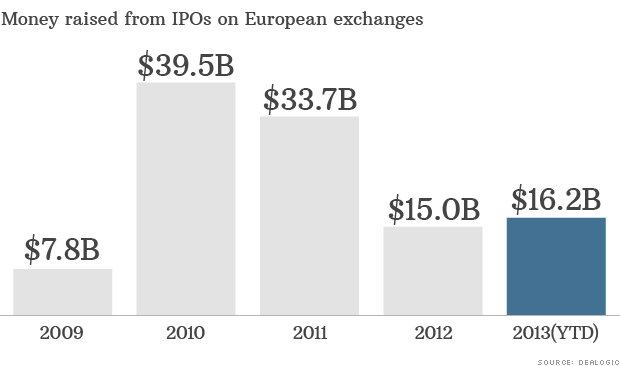
![]()
